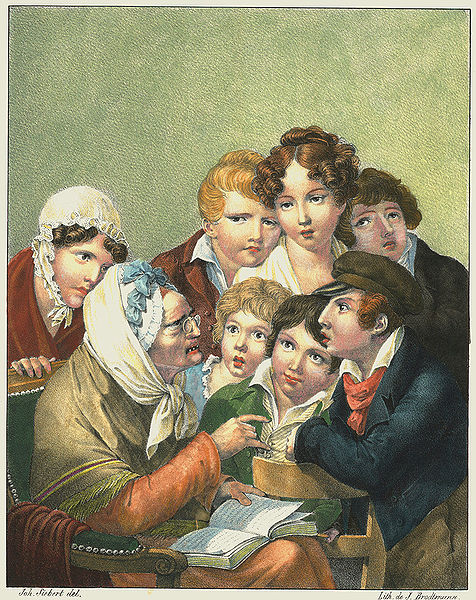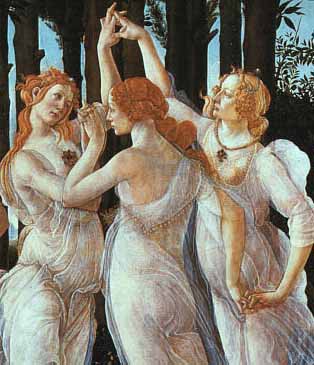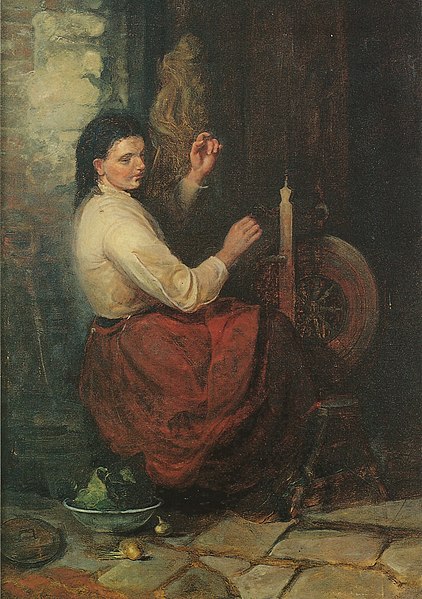Dearest reader, these are good questions, and I'm happy to answer them. For those new to Regency romance novels, you will stumble across this term, and knowing what it means will give you some clarity as you delve into the genre.
"The Season" was absolutely a real thing, not the invention of fanciful romance authors. It was the name given to the London social whirl which accompanied the spring session of Parliament. It started with the opening of the session--usually sometime in March--and ended in June.
Titled members of the aristocracy all held seats in the House of Lords. And so, every year, they commenced on a migration from far-flung corners of the nation like the slowest moving flock of geese you ever saw. They converged in London, the center of the known universe, as far as these people were concerned.
Once there, the men took up the important task of governing the nation and drinking in their clubs, while the ladies saw to the equally important tasks of shopping, catching up with friends, gossiping about social rivals, and hostessing parties.
Besides passing laws, the real business of the Season was to arrange marriages. Since most everyone of the upper class lived on family estates in the country, the Season was the best opportunity a gentleman had to meet a wide variety of eligible misses.
Young noblewomen of marrying age were introduced to society at the beginning of the Season. A young lady new to Town first made her bow to the Queen, which entailed donning full court dress (complete with feathers in the hair, I kid you not) to make oneself presentable for Her Majesty. Upon being admitted to the Royal Presence, each girl curtsied to Queen Charlotte, who would acknowledge the introduction, thus giving her stamp of approval.
Debutantes were the fresh meat on the Marriage Mart, and their anxious mamas and chaperones did their best to throw them in the path of men deemed good catches. It was positively tragic to fail to catch a husband within a few Seasons. By the age of 25 or so, an unmarried woman was considered on the shelf, while a 30 year old unmarried woman was a confirmed spinster.
 |
| "Girl, you look so good!" "Ohmigod, so do you!" "Did you see the ridiculous parasol Jane is carrying? It totally clashes with her reticule! What was she thinking?" "I knoooow!" |
By early summer, Parliament wrapped up its business and the Season wound down. London was inhospitable in the summer months, as the stew of heat and unhygienic conditions led to frequent outbreaks of cholera and other dread diseases within the city. Naturally, the wealthy fled to the clean air of the countryside, leaving London to the unwashed masses.
The long months of rusticating in the country were broken up with occasional house parties and hunting trips, but these diversions were nothing compared the glorious thrill of the London Season.
I hope you can see how this mad rush of socializing and courting makes the perfect backdrop for Regency romance, which is why you'll so often find these novels set in London in the spring.






